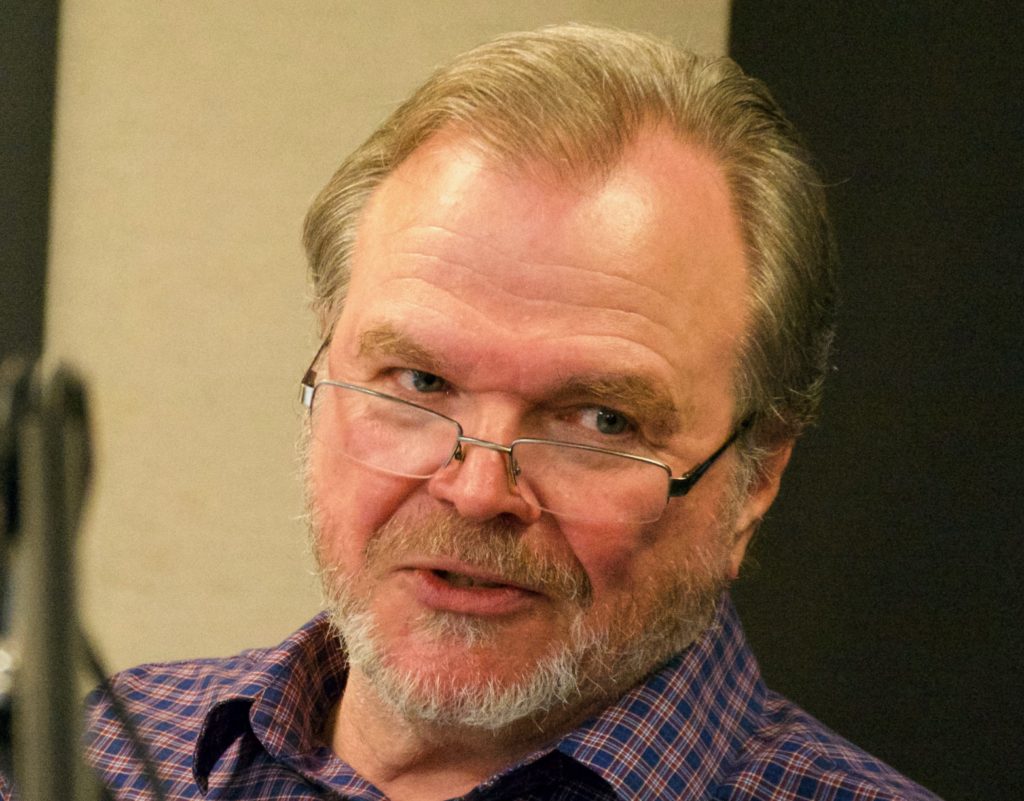The Limits of Computation | Robert J. Marks II
Addressing one of today’s most acclaimed technological frontiers, Michael Medved and professor of electrical and computer engineering Robert Marks discuss the limits of artificial intelligence. They begin with definitions — What is a computer? What is an algorithm? — before tackling some pervasive media myths. Can a computer innovate or only imitate? Can computers now really do anything different from the Turing Machine, devised as a model by Alan Turing in the 1930s? Could a computer be programmed to interact with humans like the sinister HAL 9000 in 2001: A Space Odyssey? The answer is yes, says Bob Marks, and whatever flaws such a machine displayed would be the faults inadvertently woven into it by its human programmers.
A non-Algorithmic Mind
Robert Marks directs the Walter Bradley Center for Natural and Artificial Intelligence. He is Distinguished Professor of Electrical and Computer Engineering at Baylor University and an expert in the area of computational intelligence and neural networks. He is a Fellow of both the Institute of Electrical and Electronic Engineers (IEEE) and the Optical Society of America. He has authored, co-authored, or edited more than 400 publications, including over 160 journal articles and books published by Oxford University Press and MIT Press.
Video
Show Notes
- 01:30 | Dystopian science fiction movies and the greatest threat to humanity
- 02:30 | The launch of the Bradley Center and Dr. Robert Marks
- 03:20 | What is a computer? Hidden Figures and human computers
- 03:50 | The best analogy for an algorithm
- 04:46 | Computational ⇆ Algorithmic, stepwise code
- 05:24 | Alan Turing and the dawn of modern day computers
- 06:02 | What was the big breakthrough of the universal Turing machine?
- 07:00 | Can computers create something out of nothing?
- 07:50 | Can computers compose music or write plays?
- 09:00 | Creativity beyond programming, interpolation versus extrapolation
- 11:00 | The limits of computing and thinking outside of the box
- 13:00 | Watson, chess, Jeopardy, and AlphaGo
- 14:05 | John Searle and the “Chinese Room Argument“
- 15:00 | Is there reason to worry about the ascendancy of AI, the singularity
- 16:15 | Programming feelings, the “creep factor” of sex robots, Spielberg’s A.I.
- 17:28 | The power of “seductive optics” as a crutch for primitive AI
- 18:15 | Constructing a definitive test for creativity
Resources
- The classic “thinking outside the box” puzzle
- Another review of Searle’s Chinese Room Argument from the Stanford Encyclopedia of Philosophy
- Marks is coauthor of the book Neural Smithingdescribing the training of artificial neural networks.
- He is also the co-editor of two influential books on computational intelligence: Computational Intelligence: Imitating Life and Computational Intelligence: A Dynamic Systems Perspective
